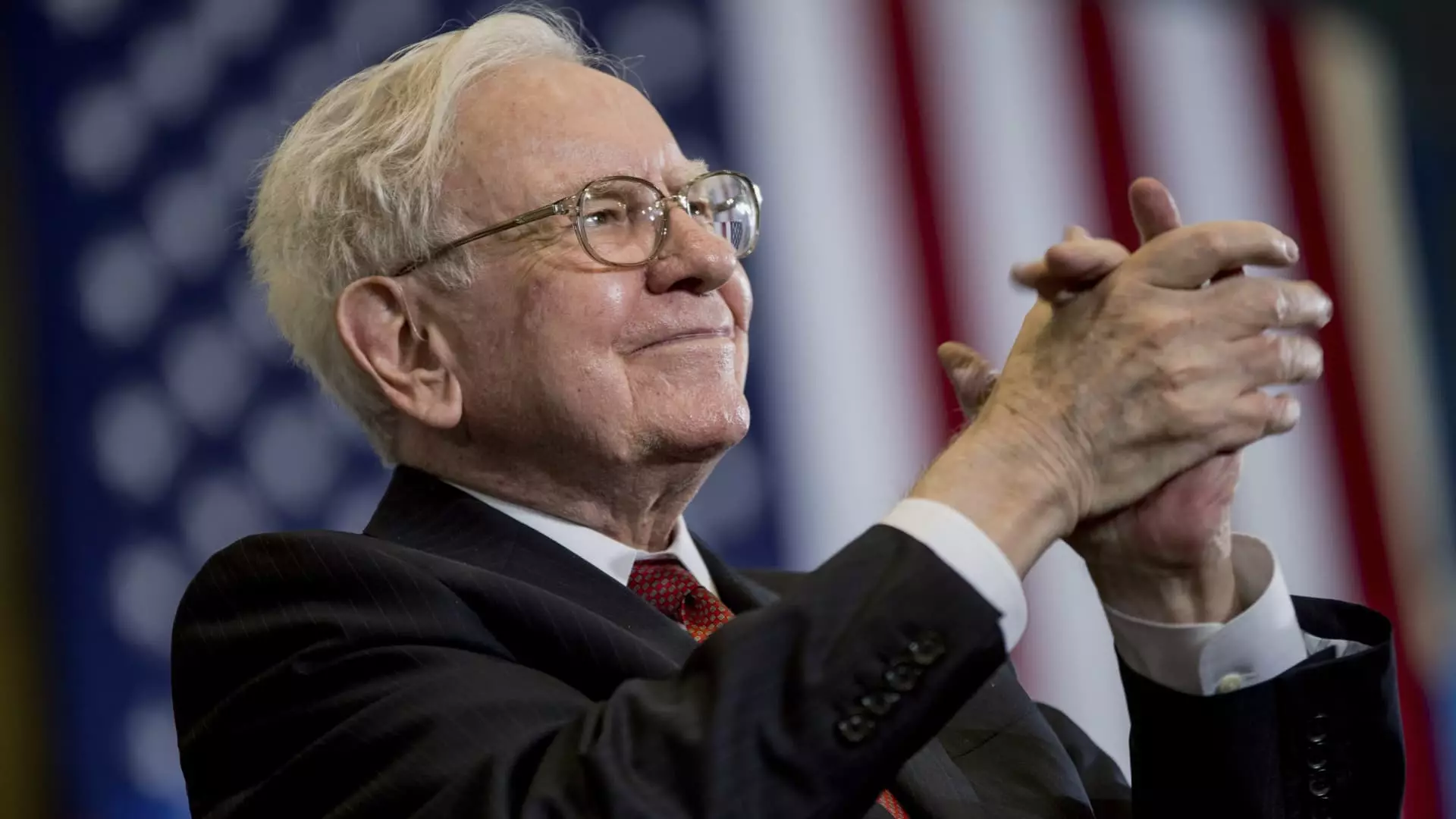Larry Swedroe, a highly respected researcher in the investment market, has raised concerns about the effectiveness of Warren Buffett’s investment style in today’s market environment. Swedroe points to the increasing involvement of professional Wall Street firms and hedge funds in the market as a key factor in Buffett’s approach losing its edge. While Buffett was once hailed as the greatest stock picker of all time, Swedroe argues that academic research suggests otherwise.
According to Swedroe, Warren Buffett’s success was not due to his stock-picking abilities, but rather his early identification of key factors that allowed for excess returns. Swedroe suggests that investors looking to replicate Buffett’s performance should consider index funds, as they can provide exposure to stocks with similar characteristics as those favored by Buffett. Swedroe references research by Cliff Asness and the team at AQR, which found that investing in an index of stocks with these key characteristics could match Buffett’s returns.
Today, investors have the opportunity to access the types of stocks Buffett has historically invested in through ETFs or mutual funds offered by companies like Dimensional, AQR, Bridgeway, BlackRock, Alpha Architect, and others. Swedroe emphasizes the importance of understanding the underlying principles of successful investing, as outlined in his book “Enrich Your Future – The Keys to Successful Investing.”
Swedroe also highlights the potential benefits of momentum trading, stating that market timing and stock picking are not reliable strategies for long-term success. He notes that momentum has historically been a profitable factor in investing, and can be systematically implemented without the need for high fees or active management.
In his book, Swedroe draws parallels between the stock market and sports betting, cautioning investors against the pitfalls of active management. He suggests that the more investors engage in frequent trading, the more likely they are to underperform. Swedroe likens active managers to bookies, profiting from investors’ belief in their ability to outperform while incurring higher expenses and taxes.
Swedroe warns of the dangers of emotional investing, particularly for retail investors who may fall victim to stock picking and market timing mistakes. He observes that emotional investors often underperform the very funds they invest in, contributing to the profitability of active managers who rely on trading activity for their revenue.
While Warren Buffett’s investment style may have been revolutionary in its time, the evolving landscape of the market and the proliferation of institutional players have raised questions about its continued effectiveness. Investors would be wise to heed Swedroe’s advice on adopting a more systematic and disciplined approach to investing, and to avoid the traps of frequent trading and emotional decision-making.

